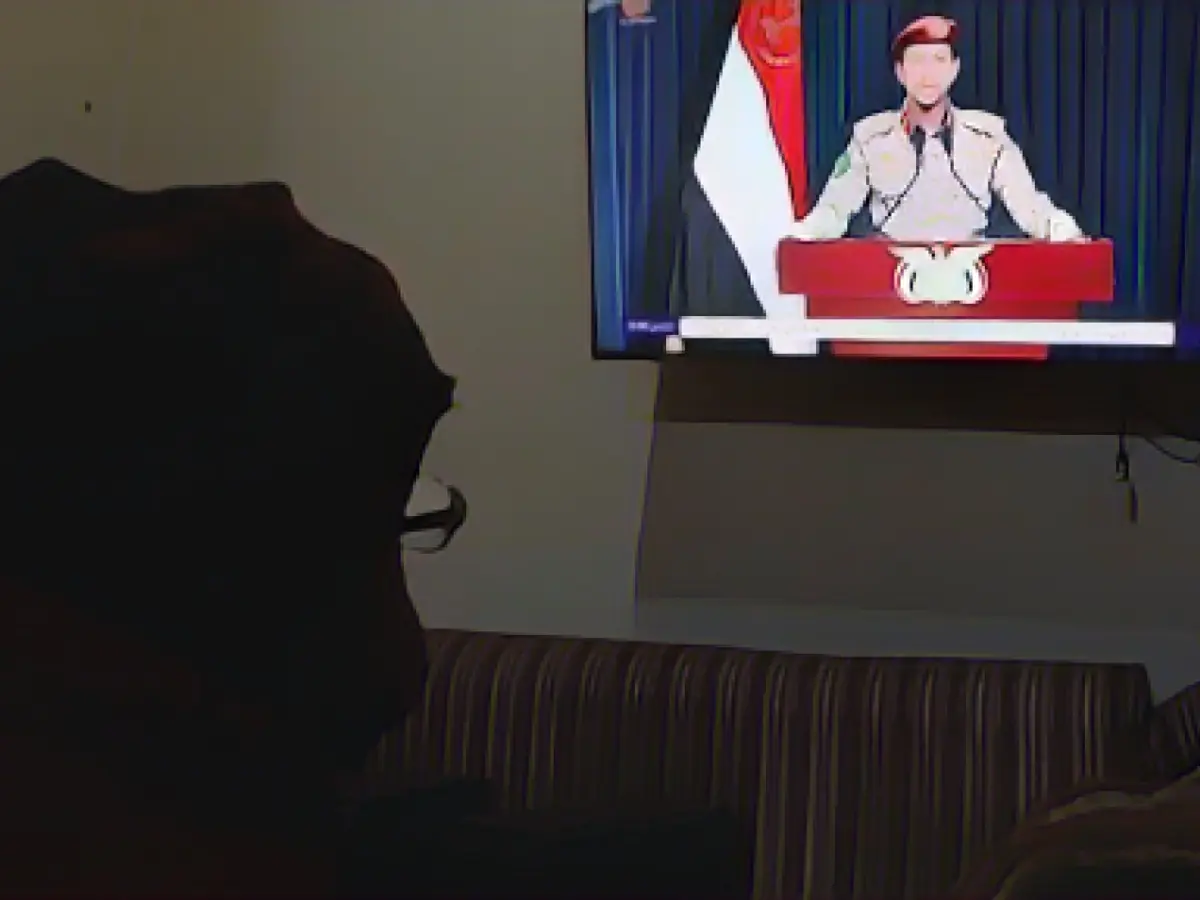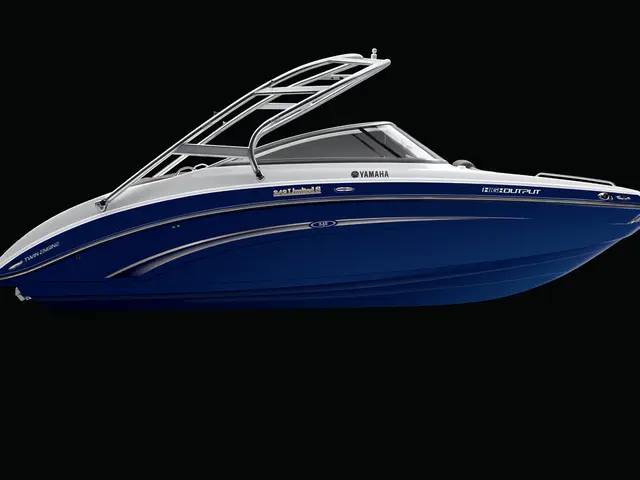The Houthi Rebels, often referred to as Ansar Allah, have stepped up their game, now posing a threat beyond their Yemeni boundaries. Their recent attacks on merchant ships and freighters in the Red Sea have turned this region into a secondary battleground in the war between Hamas and Israel. Let's delve into who the Houthi Rebels are and their intentions in the Gaza conflict.
Who are the Houthi Rebels?
Originating from the Shiite Zaidi movement, the Houthi Rebels have a long-standing history of rebelling against the Sunni leadership in Sanaa, Yemen's capital. Their uprising in 2014 led to their seizing control of Sanaa and their rule over significant parts of the country, particularly northern Yemen.
How powerful are the Houthi Rebels?
With a estimated force of around 180,000 to 200,000 armed fighters, the Houthis have access to an array of weapons that includes tanks, technical vehicles, anti-tank guided missiles, balistic missiles, drones, and cruise missiles. Their arsenal has been significantly bolstered by support from Iran and Hezbollah in Lebanon.
Who backs the Houthi Rebels?
Since their uprising in 2014, Iran and Hezbollah have played a critical role in arming and training the Houthi Rebels. According to the US think tank CSIS, the Al-Quds Brigades, an elite unit of the Iranian armed forces, provided various types of weapons from 2014 onwards, while Hezbollah taught the Houthi Rebels combat tactics and drone use.
Why are Iran and Hezbollah supporting the Houthi Rebels?
Iran has had a longstanding conflict with Israel since the 1979 Islamic Revolution. By supporting Shiite militias like the Houthi Rebels, Iran aims to form an "axis of resistance" against Israel. Hezbollah, with its successful removal of Israeli forces from Lebanon, serves as a mentor for the Houthi Rebels in their struggle for power.
What do the Houthi Rebels want?
Primarily, the Houthi Rebels seek full control over Yemen and international recognition. In their self-proclaimed "dwarf state," they enforce their ideology ruthlessly, including reportedly torturing and killing critics and journalists. Since 2016, they have targeted infrastructure in Saudi Arabia and the UAE and began attacking merchant ships in the Bab al-Mandab strait.
How dangerous are the Houthi Rebels for Israel and the region?
While the Houthi Rebels lack the extensive arsenal of Hezbollah, their drones and missiles still pose a threat to shipping traffic and US military bases in the region. Further attacks on ships could cause significant damage to the economy and oil market, with serious implications for global trade, as the Yemeni coast hosts one of the world's most critical shipping routes.
Houthi Rebels and the Gaza War
In solidarity with Hamas, the Houthi Rebels have launched attacks on Israel since October 7, targeting both Israeli land and ships in the Red Sea and Gulf of Aden. This supports their broader objectives of gaining wider recognition as a part of the Iranian "Axis of Resistance" and distraction from their internal issues.
Enrichment data:
- The Houthi Rebels have shown solidarity with Hamas by launching missile and drone attacks on Israel, particularly targeting central Israel and ships in the Red Sea that they claimed were linked to Israel.
- Iran and Hezbollah have played a crucial role in supporting the Houthi Rebels by supplying them with weapons and training their fighters.
- The Houthi Rebels' ideology is deeply rooted in antisemitic, Islamic fundamentalist, and anti-American sentiments, aligning with Iranian interests and suggesting a broader objective of promoting Iran's radical Islamist revolution throughout the Middle East.
[References] 1. "Houthis launch missile attack on Saudi Arabia as territorial conflict escalates" - BBC News (Published 2022) 2. "Iran's Houthi allies warn of 'crushing response' after air strikes" - Al Jazeera English (Published 2021) 3. "Why the Houthis in Yemen are backing Hamas in Gaza" - Middle East Eye (Published 2021) 4. "Houthi rebels threaten to attack all Israel-linked ships" - The Times of Israel (Published 2021)




